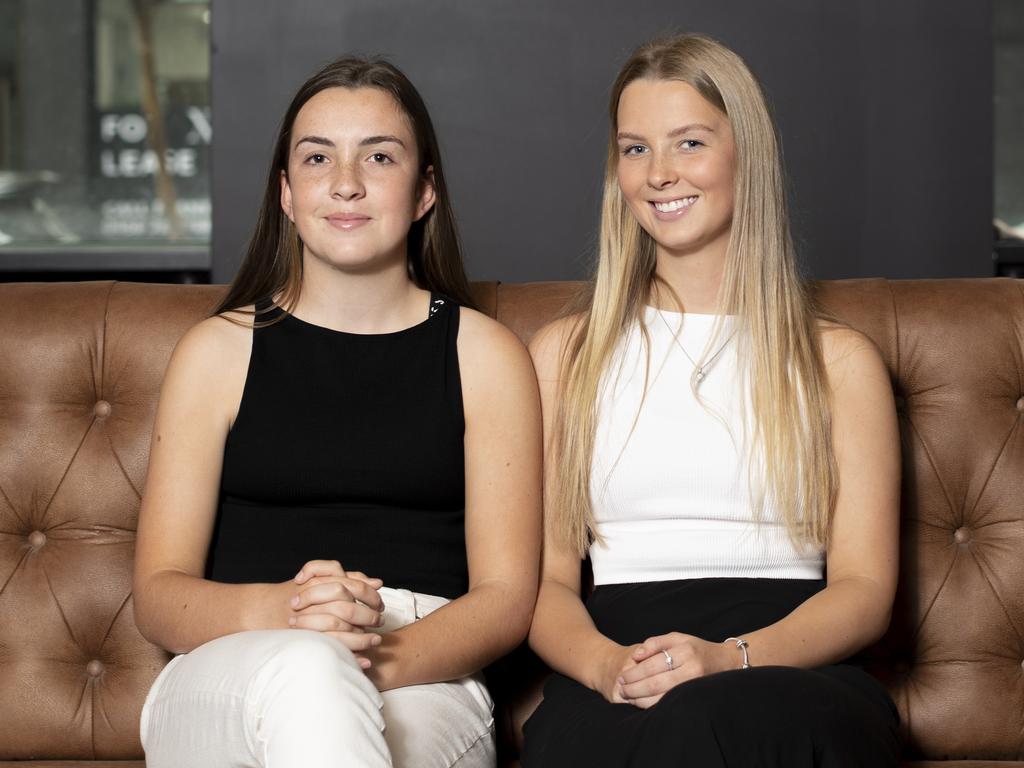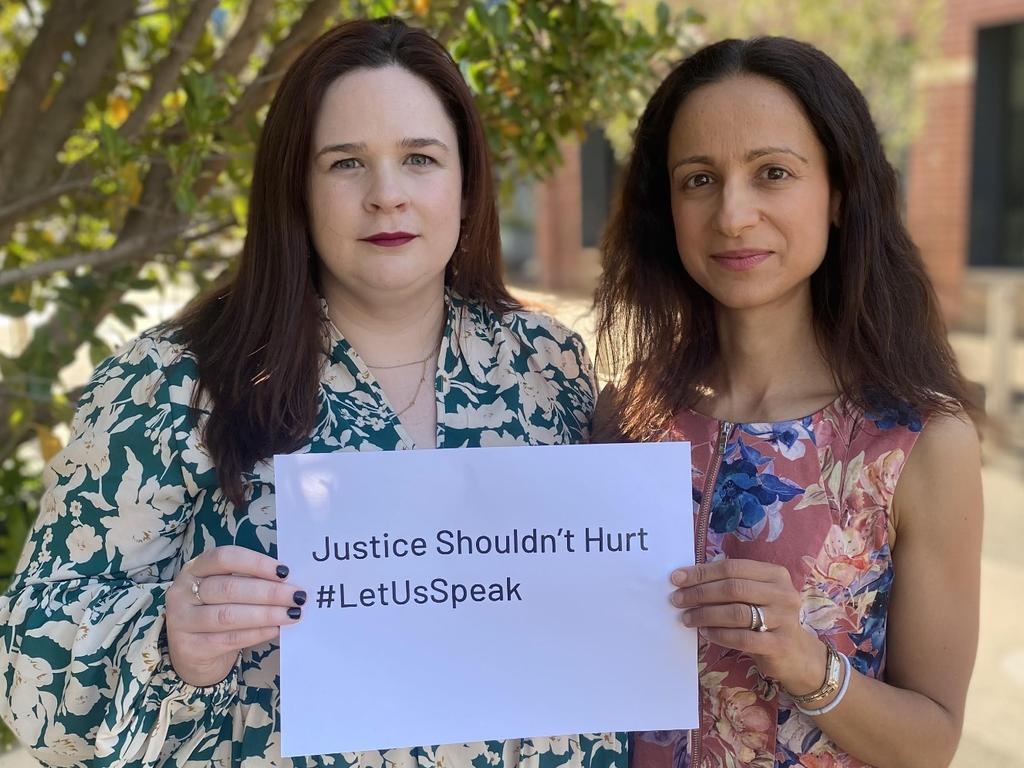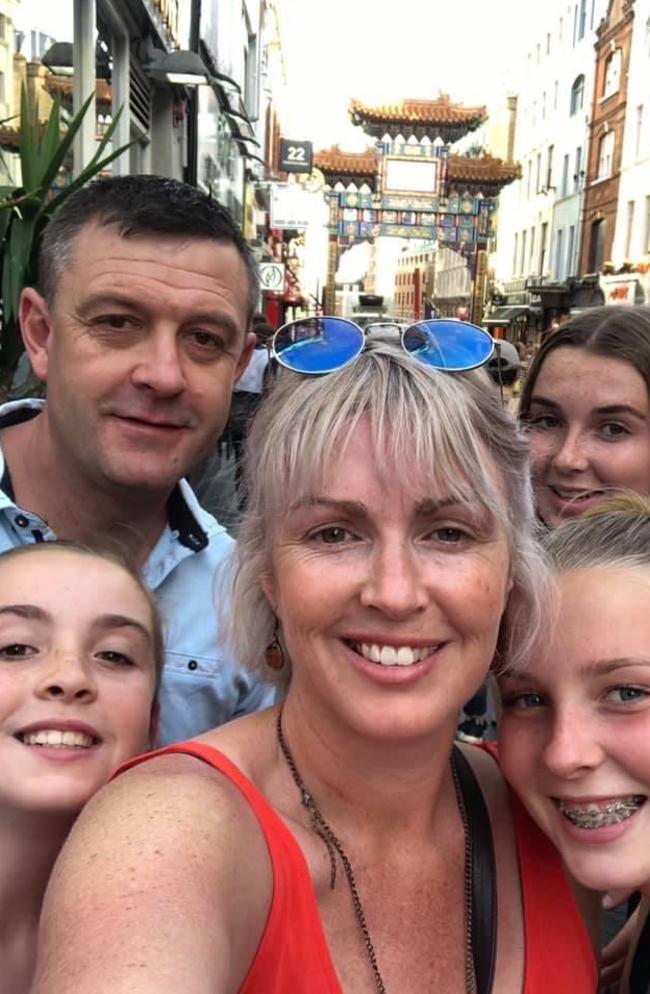Children have a right to speak up: It’s time we listen
After Pippa and Rose Milthorpe shared their story of how the NSW court system dealt with their sexual abuse, two experts say why children have a right to speak.
OPINION
News.com.au has published the story of two very brave sexual abuse survivors, Pippa Milthorpe, 17, and her sister Rose, 14. Two of Australia’s leading experts on sexual abuse and the rights of children weigh in on the sisters’ right to speak up.
All children in Australia have a right to participate meaningfully and safely in decision-making about their lives. All children in Australia also have a right to freedom of expression. These rights are secured under the United Nations Convention on the Rights of the Child – an international promise to all children.
Australia is a party to this Convention, but it doesn’t form part of Australian law at the federal level. This means that the Convention doesn’t create legally enforceable rights for children in Australia. But the Convention does set out how governments, and all adults, should work together so that children can enjoy their rights.
It also influences how adult decision-makers – including judges, policymakers, legislators and others who make decisions for and about children – understand children and their evolving capacities for making their own decisions.
Justice shouldn’t hurt, but for children in Australia, it does. The NSW government knows how to fix this problem, but has failed to do so. That’s why news.com.au is calling for law reform to make it easier for child victims of sexual abuse to give evidence. We need 20,000 signatures today. Join the movement and sign the petition here.

Children who are survivors of sexual violence are usually considered to be vulnerable ‘objects’ of concern. In this way, children are not seen as having any capacity to make decisions about issues that concern them.
Yet, the Convention gives children who are capable of forming a view, the right to express those views freely in all matters affecting them. Those views are given due weight according to the child’s age and maturity. What this means in practice is that, as a child gets older and can understand and assess the impacts of a particular matter independently, their views should be given greater weight.
Children’s right to participate in decision-making also means explaining to children, in a way that they can understand, how their views and wishes have been taken into account and have influenced the process and outcome.
Children’s right to freedom of expression includes the ‘freedom to seek, receive and impart information and ideas of all kinds’. This right recognises that children can, and should, play an active role in constructing and developing their identities, consistently with their evolving capacities.
The UN Committee on the Rights of the Child has said that the right to freedom of expression and the right to access information are two ‘crucial prerequisites’ for children being able to exercise their right to participate in decision-making.

Rose and Pippa Milthorpe both spoke out publicly as survivors of sexual abuse. Both sisters have made it clear that they want to be named. Each has been a survivor of sexual violence since a very young age. They have waited over six years since the trial was completed to speak out. Their identities have been shaped by their lived experience and both sisters are adamant that they are not ashamed.
Both girls are fully supported by their family, the court, and their local community. They have each received independent legal and psychological advice and support in making their decision to speak out publicly. A judge has also granted them an order approving of their decision. These are all factors strongly in favour of their capacity to speak out.
But, for many, the instinct is to limit children like Rose and Pippa from participating in decision-making, including about ‘going public’ as a survivor. This instinct is borne, at least in part, out of an assumption that there is an inherent shame in being a survivor of sexual violence, and that children could not possibly make a safe decision that they won’t ‘regret’ later.

Of course, there is also concern that a decision to go public could re-traumatise them.
This desire to protect though, ignores the importance – for Rose and Pippa and for all survivors of sexual violence – of having control over their story and how and when it is shared. In excluding children from public debates about sexual violence, including silencing them when they want to share their story, we risk sweeping child sexual abuse under the proverbial rug.
Adults play a critical role in upholding children’s rights. Here, Rose and Pippa have the support of their family and local community. It takes adults to support children to fully access their rights – as those around the sisters have done.
It is also worth noting that both children are speaking out in support of a particular objective, which they have landed upon without influence from the media. They wish to make the Child Sexual Offence Evidence Scheme available to all children in NSW and have launched a petition accordingly.
This program plays an important role in supporting children and young people in accessing their legal rights. This program is also exciting, from a children’s rights perspective, because it has the potential to make decision-making processes more empowering and inclusive for children who are victim-survivors of sexual violence. It recognises that children’s participation is a dynamic process that involves ongoing communication between children and adults – not a ‘one off’ event.
Rose and Pippa sharing their story publicly supports – rather than undermines – their evolving capacities and identities. It does this by empowering them and helping them to develop their ability to make decisions independently. It can also lead to more effective and relevant policymaking concerning sexual violence.
It can achieve this because we are listening to, hearing from and taking into account the voices and views of those who are best placed to tell us what they want and why: children.
Both sisters want their voice heard and listened to. They want to share their story. They have rights under the Convention to do just that. Enabling and supporting children shows and tells them – and other children who have experienced sexual violence – that they have rights that are worthy of protection and respect.
Join the movement and sign the petition here.
Dr Georgina Dimopoulos is a lecturer at Swinburne Law School. She is experienced in the areas of family law, children’s rights, privacy and family violence.
Dr Rachael Burgin is a lecturer in criminal justice and criminology at Swinburne Law School and the CEO of Rape and Sexual Assault Research and Advocacy.



